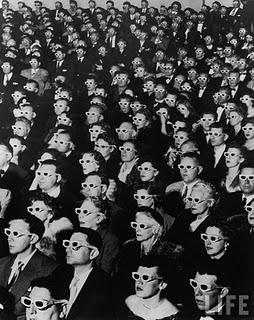It is the poor who know that good schooling is the only way to a better life
George Shultz used
to say that people loved to argue with Milton Friedman, especially when he
was not there. I am going to do exactly that, argue with Milton when he is not
in our midst anymore. I would have loved to hear his views about the remarks I
am going to make on his idea of education vouchers. My criticism does not take a
whit from my admiration of him: he was my master at-a-distance through his
books and articles on microeconomics, on consumption theory, on money, on
inflation, on expectations—you name it. Indeed I am attracted to the idea of
school vouchers and have been known to defend them, but I think they are only a
"second best" remedy for the failings of school systems where the
state plays a large role.
By "second
best" I mean the kind of engineered solution that tries to take a way
around some immoveable legal or institutional restriction that makes the best
solution unattainable. In the case of education the first best is, surprising
though it may sound, totally private education, supplied by for-profit schools
and financed by families and charities. This would not only be better for
individual liberty and public morality but also surprisingly feasible if we
attend to educational history and present day experience, as we shall see. The
example of developing nations, where private education has proved to be vastly superior
to public education, especially for the poor, should make us think
twice about any statist intervention education.














